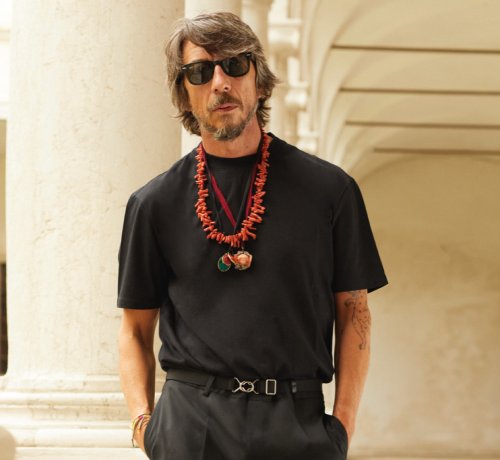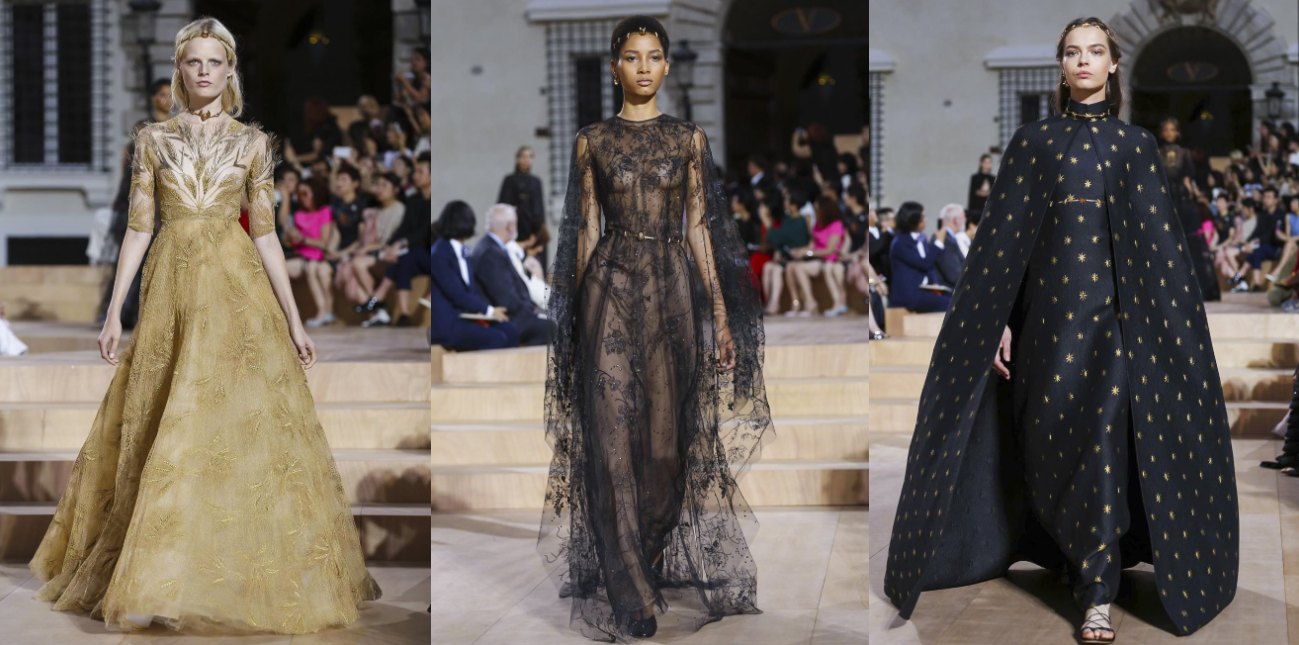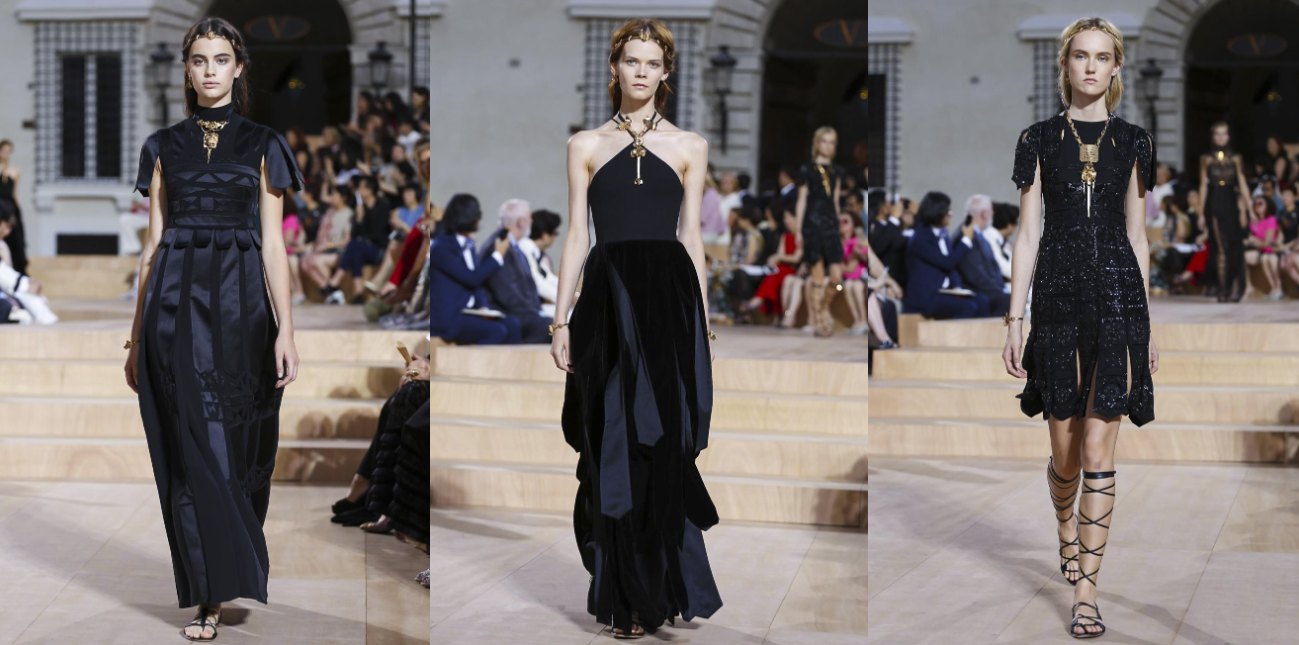
He will take up his post on July 10, time to put away his ruffles, bid farewell to poetic embroidery, and prepare psychologically to replace ethereal tulle with faded black neoprene. His first collection will be unveiled in October at Paris Fashion Week, where we hope at least one model won’t be dressed like a Mad Max survivor.
He succeeds the highly conceptual Demna, genius or con artist depending on the level of sarcasm of your favorite barista. For ten years, Demna elevated the hoodie to an objet d’art and the garbage bag to a €1800 handbag. Thanks to him, we’ve seen people pay for clothes that look like they’ve been picked up after an explosion in a warehouse.
Kering, Balenciaga’s parent company (and apparently a big fan of creative musical chairs), decided last March that Demna would now go and play savior at Gucci, another bastion of good taste in stylistic reanimation. A kind of intergalactic transfer: from post-Soviet dystopia to baroque maximalism in burnout.
Piccioli, a modern-day poet, arrives in a world where the boutique resembles an industrial wasteland, selling equal parts trench coats for sad women and boots for men in existential crisis. The once discreet brand is now renowned for its cryptic slogans, gravity-defying proportions and jeans worn to the point of bringing tears to the eyes of any Neapolitan tailor.
So we look forward to the fusion of Greek-goddess drapes and end-of-the-world anoraks. Perhaps a fluorescent toga, or a sneaker dress? Who knows? One thing’s for sure: fashion never gets bored, even when it looks like jumping off a bridge in black tulle.
FM


